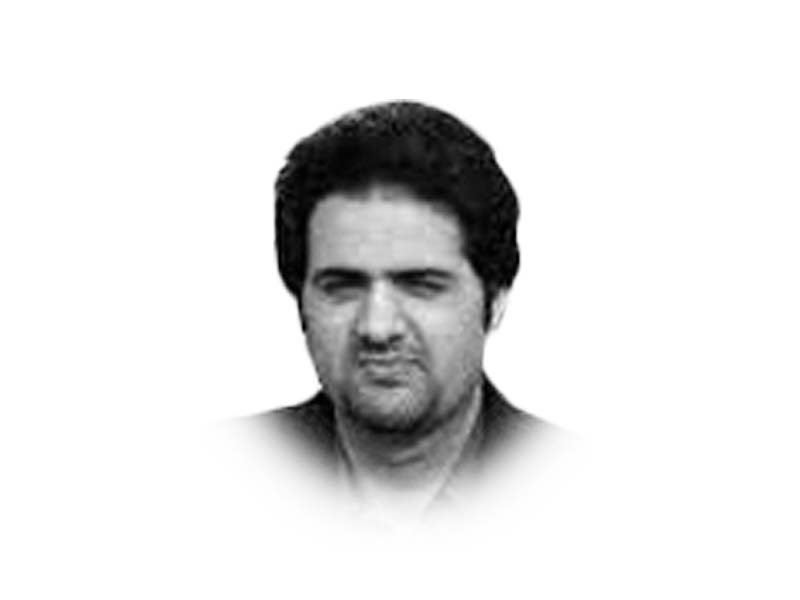
Chase bank, America’s leading bank, used to have a joint venture with an Iranian state bank during the reign of Shah Mohammad Raza Pahlavi. The bank was also a stakeholder in Shah’s regime where it made huge money advising the Iranian national oil company. Chase bank wanted the continuation of Shah’s atrocious regime over Iran which, to this day, is remembered by abhorrent human rights abuses. Less than two weeks before the Iranian revolution of 1979, the Shah was admitted to the United States on medical grounds. However, the background of this story, which until recently was untold, is quite uglier than was ever understood.
The Carter administration did not want to let the Shah enter the US. Chairman of the Chase Manhattan Bank David Rockefeller wanted to rescue his ally and protect the bank’s assets. In order to convince President Carter to let Shah in, Mr Rockefeller created a campaign called Project Eagle. The people on the team included Henry Kissinger, but less notable yet more appalling members on the team included a Chase bank executive, Archibald B Roosevelt, and his CIA agent cousin Kermit Roosevelt Jr, who had orchestrated the 1953 coup against the elected leader of Iran Mohammad Mosaddeq. That coup had brought the Shah to power. That is how the bank was using its customers’ money.
Whoever coined the phrase ‘let the buyer beware’ was perhaps less concerned with the quality of the product and the promise of the service and more with customers becoming enablers of immorality. In America, I see people boycotting businesses based on racial or gender discrimination that are common inside the organisational culture. While those are real and serious issues, climate change changes the entire calculus of morality.
In Pakistan and other Muslim countries, numerous banks advertise themselves as offering interest-free banking service since interest is forbidden in Islam. Many debate whether or not the interest really is avoidable. However, what trumps all is the one undeniable aspect of how banks actually work.
When we deposit money in a bank account, the bank invests that money in businesses to earn profits. And the one business where almost all banks invest customers’ money is oil, turning uninformed consumers into participants of the planet’s destruction. The combustion of oil in car engines, electricity generation, and so forth results in carbon emissions, causing planetary warming, eventually leading to extinction of all life on earth. That realisation makes Rockefeller’s actions appear as the height of morality. While Rockefeller was abusing the rights of the Iranian people by helping the continued rule of the Shah and then sheltering him, banks today are contributing toward the worsening of the climate, which affects the entire world. One might argue that Mr Rockefeller was also helping maximise the production and usage of oil and one would be right. However, there is a crucial nuance here.
The revelation about the oil usage contributing toward a warming planet was made right around the time when Rockefeller was campaigning to give shelter to the Shah. It was a secret though and there is no reason to believe that Rockefeller knew. It is more likely that in the years before that, when Shah was in power, almost nothing was known about the carbon emissions from the oil usage. Today, however, the banks do it knowingly. A new report that came out this year in March found that 60 of the world’s largest commercial and investment banks have collectively put $3.8 trillion into fossil fuel after the Paris Agreement was signed.
We usually ask whether or not a bank does halal banking such as interest free and so forth. Doesn’t the Holy Quran say that saving one human life is like saving the entire humanity and conversely taking one life is like killing the entire humanity? Rest assured, with oil usage, we are not only taking wholesale humanity, but wholesale life. Despite no interest, is banking still halal?
Published in The Express Tribune, October 10th, 2021.
Like Opinion & Editorial on Facebook, follow @ETOpEd on Twitter to receive all updates on all our daily pieces.













COMMENTS (3)
Comments are moderated and generally will be posted if they are on-topic and not abusive.
For more information, please see our Comments FAQ